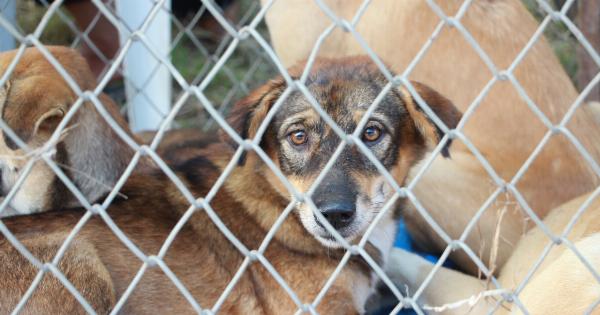The Pets’ Bill, also known as the Animal Welfare (Sentencing and Recognition of Sentience) Bill, is a proposed legislation in the United Kingdom that aims to improve animal welfare standards and protect the rights of pets.
The bill recognizes animals as sentient beings, capable of experiencing emotions and feeling pain. It also seeks to increase the maximum sentence for animal cruelty offences from six months to five years in prison.
Background and Need for the Pets’ Bill
Animal welfare has long been a cause for concern, with numerous cases of cruelty and neglect reported each year.
The existing laws in the UK, such as the Animal Welfare Act 2006, provide some protection for animals but fall short in terms of penalties for those who commit cruelty. Many cases have highlighted the inadequacy of the current sentencing guidelines, resulting in widespread public and political support for stronger laws.
The Recognition of Sentience in Animals
The recognition of animals as sentient beings is a significant aspect of the Pets’ Bill. This means that animals have the capacity to experience feelings such as joy, fear, and pain.
By acknowledging this, the legislation seeks to ensure that animals are treated with compassion and respect, considering their emotional and physical well-being.
Key Provisions of the Pets’ Bill
1. Increased Maximum Sentences: The bill proposes to increase the maximum sentence for the most severe animal cruelty offences from six months to five years, providing a more appropriate punishment for those who commit such crimes.
2. Recognition of Sentience: Animals will be officially recognized as sentient beings, emphasizing their capacity to have feelings and emotions, requiring officials and organizations to consider their well-being in decision-making processes.
3. Prevention of Puppy Farming: The bill aims to tackle the issue of puppy farms, where dogs are bred for profit without regard for their welfare or health. Stricter regulations and penalties will be enforced to prevent this practice.
4. Banning Primates as Pets: The legislation seeks to ban the keeping of primates as pets, recognizing the complex needs of these animals and the fact that they are not suitable for domestication.
5. Electronic Collars: The use of electronic training collars, which can cause pain and distress to animals, would be regulated and potentially restricted under the new law.
6. Animal Abusers’ Register: The Pets’ Bill proposes the establishment of an Animal Abuse Register, similar to the existing Sex Offender Register.
This register would prevent convicted animal abusers from owning or working with animals in the future.
The Benefits and Implications of the Pets’ Bill
The Pets’ Bill brings several benefits and implications that can significantly improve the lives of animals:.
Benefits:
1. Stronger Deterrence: By increasing the maximum sentences for animal cruelty offences, the bill aims to act as a stronger deterrent, discouraging potential offenders from committing acts of cruelty or neglect.
2. Improved Animal Welfare: The recognition of animals as sentient beings places a legal responsibility on individuals and institutions to consider the emotional well-being of animals in their care.
3. Increased Accountability: The proposed register would hold animal abusers accountable for their actions, preventing them from owning or working with animals in the future.
4. Safer Environment for Animals: Stricter regulations on puppy farming and the banning of primates as pets aim to ensure that animals are not subjected to unfavorable living conditions or inappropriate domestication.
Implications:
1. Enforcement Challenges: Implementing and enforcing the new legislation may pose challenges, requiring increased resources, inspections, and monitoring to ensure compliance.
2. Public Awareness and Education: The success of the Pets’ Bill relies on public understanding and cooperation. Raising awareness and educating the public on animal welfare can help reinforce the legislation’s objectives.
3. Impact on Pet Trade: Stricter regulations may impact the pet trade industry, requiring breeders and sellers to adapt to new practices and standards.
Conclusion
The approval of the Pets’ Bill would mark a significant step forward in animal welfare legislation in the United Kingdom.
Recognizing animals as sentient beings and increasing penalties for cruelty offences will help protect vulnerable pets and ensure they are treated with the compassion they deserve. While the implementation of the bill may pose challenges, the benefits it brings in terms of stronger deterrents, improved animal welfare, and increased accountability far outweigh the potential implications.































